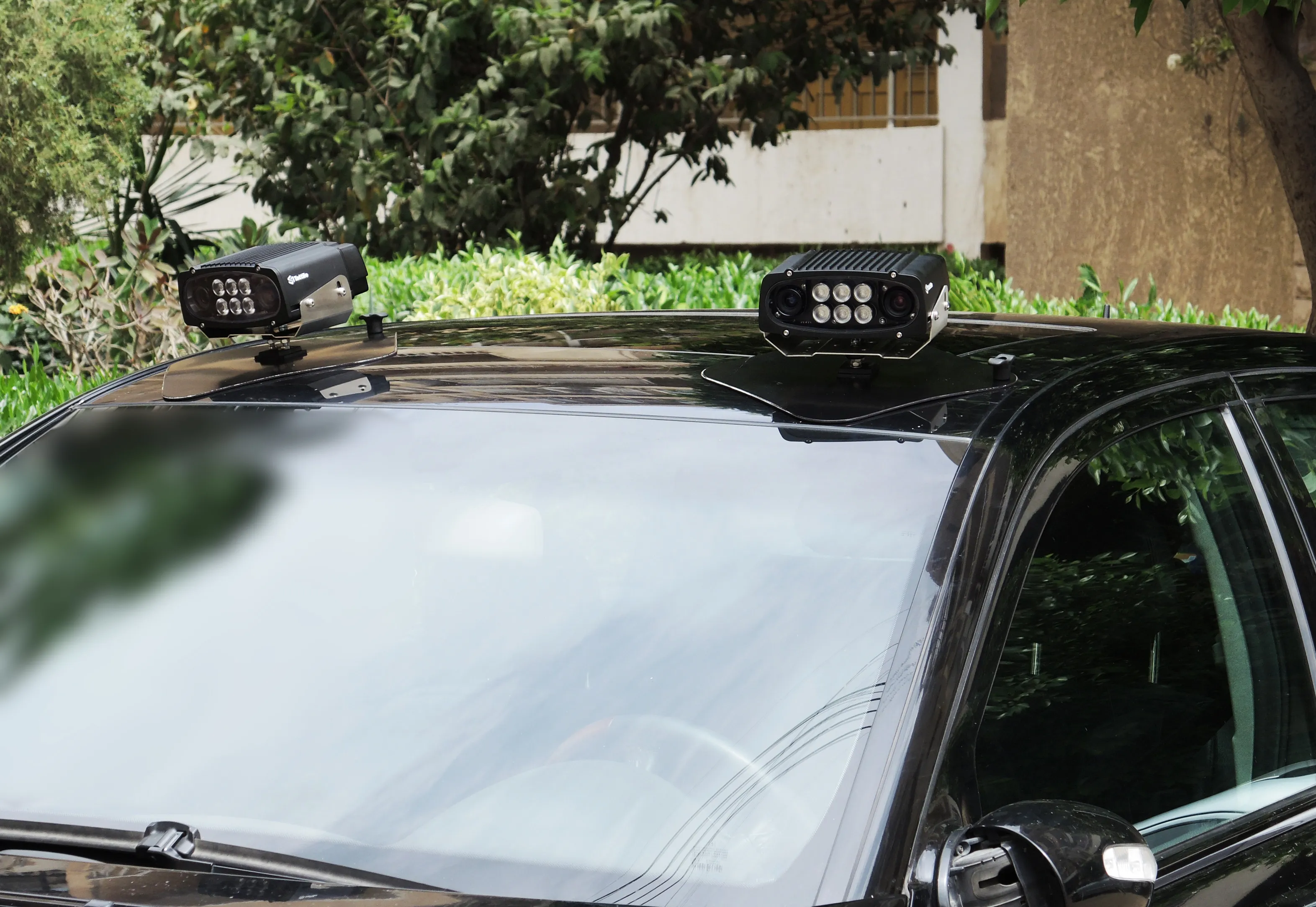Adaptive Recognition Hungary (ARH), a specialist in OCR technology, will be featuring its Carmen FreeFlow ANPR software which the company states can recognise car number plates for almost every country of the world.
October 19, 2012
Read time: 1 min
Adaptive Recognition Hungary (ARH), a specialist in OCR technology, will be featuring its Carmen FreeFlow ANPR software which the company states can recognise car number plates for almost every country of the world.
ARH will also be featuring its range of cameras which are designed for 24/7 maintenance-free operation and taking high quality images for OCR processing, even in adverse weather and light conditions, both day and night. Special models are available for licence plate recognition, container code reading and UIC number recognition.









